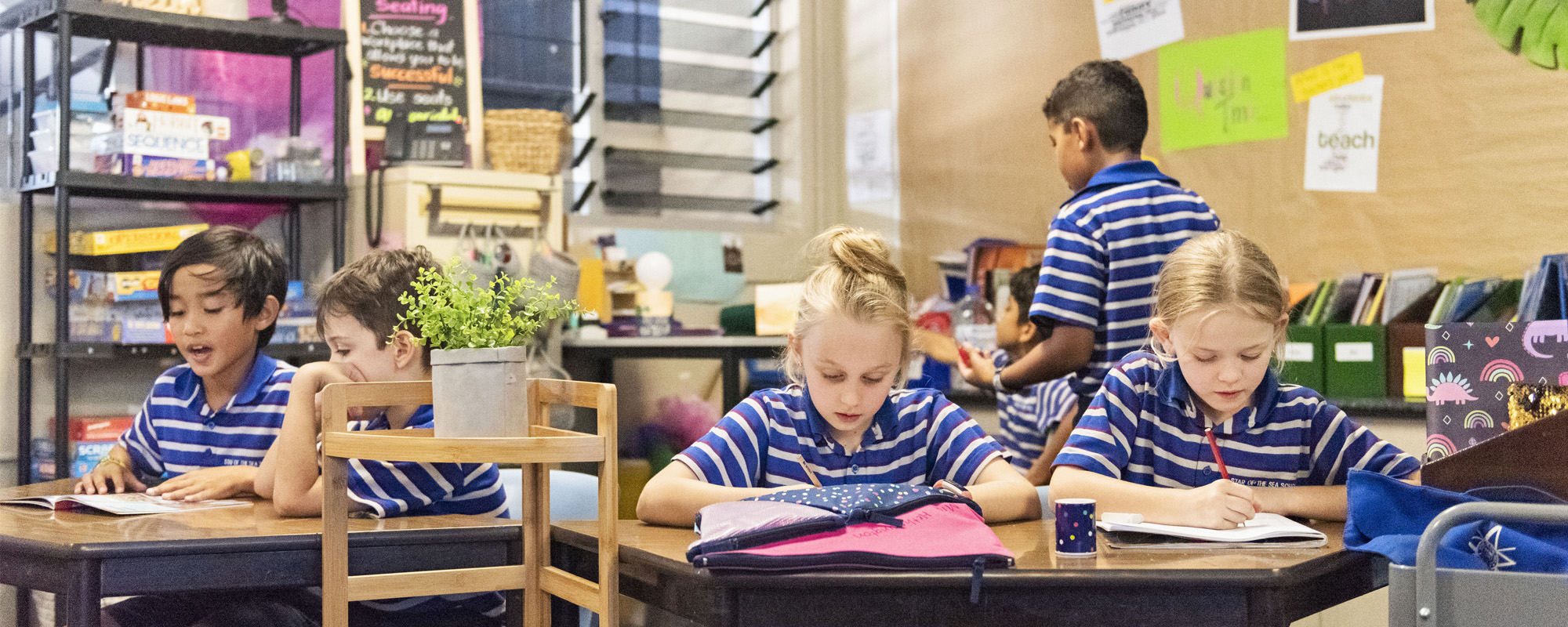
Inclusive Curriculum
Catholic Education plays an essential role in the Church’s mission to live the challenge of the Gospel and to be welcoming and inclusive of all. Our School Vision Statement calls us to respect and nurture the giftedness and dignity of all and, as such, we seek to help each student strive to reach their potential.
Inclusive practice is not restricted to a particular group of learners or pedagogy but refers to all in our school community. This ensures that maximum quality learning opportunities are accessible to all learners.
Once an enrolment application has been submitted the school seeks to gather student information to ensure the student’s enrolment is a positive and meaningful educational experience. The Principal, in consultation with parents and stakeholders, will identify specific needs and the reasonable adjustments required for the student to access the curriculum and the school environment without creating unjustifiable hardship for any party.
Inclusive practises require a collaborative approach to planning and decision making which includes students, families and educators. Educators are supported with training and access to outside agencies as required and wherever possible to assist them in making the necessary adjustments to their curriculum plans.
Our Inclusive Curriculum Teachers work collaboratively with educators, students, parents and various outside agencies to support the process of providing inclusive practises in our classrooms. Teaching Assistants (TAs) also provide support to teachers in the provision of inclusive practices.
Classroom teachers are the primary educators responsible for the learning and overall development of your child, and as such, should be the first people you speak to regarding any concerns you may have about your child’s progress. They will then work with you and any other relevant personnel to support your child’s individual learning requirements within the classroom setting.